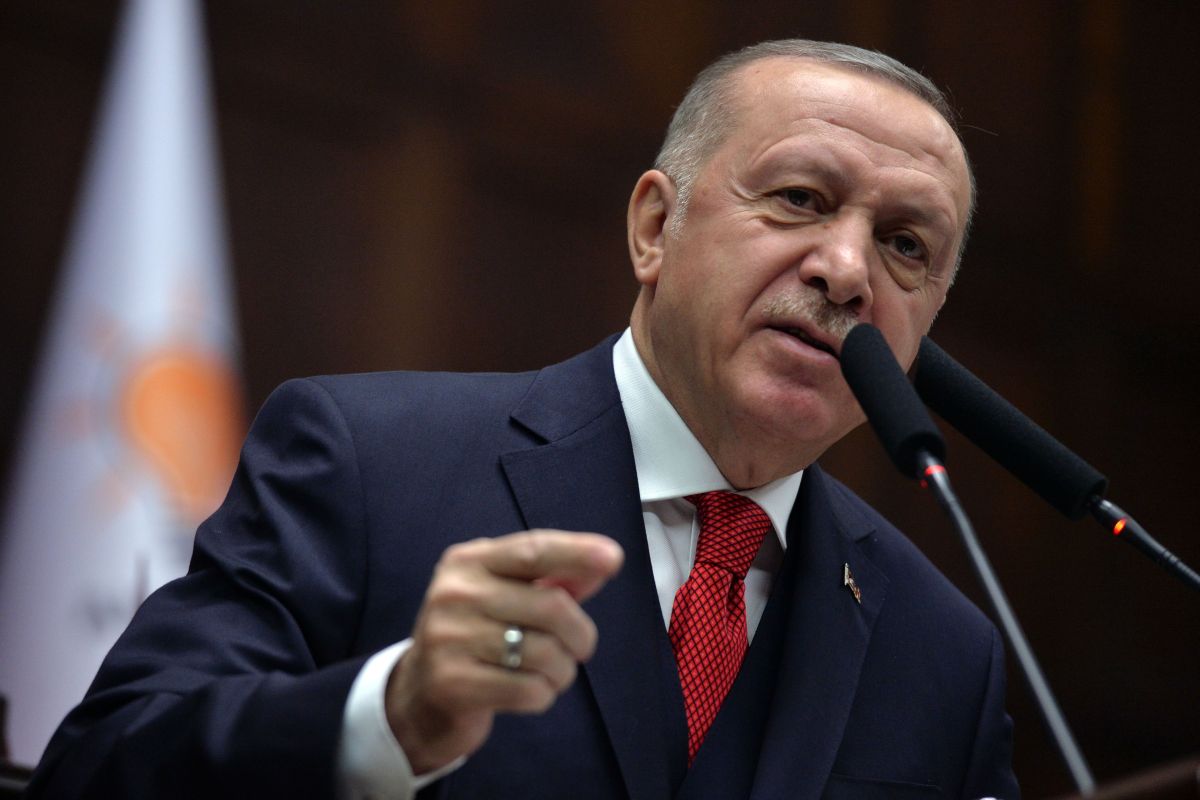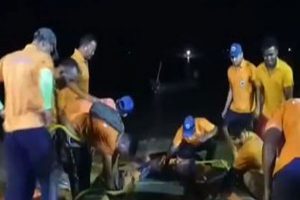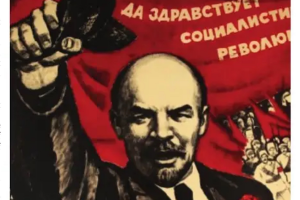After more than a month of fighting, a fresh round of negotiations between Russia and Ukraine has begun in Istanbul in the hope that progress can be made. Following weeks of fruitless talks in Belarus, negotiations were hosted by the Turkish president, Recep Tayyip Erdogan, who made a short opening statement telling both sides: “The world is waiting for good news, and good news from you.”
The very fact that talks have moved from Belarus, a key Russian ally, to Turkey is an indication that things have changed, and that Russia’s military position is not as strong as it had originally hoped for. Meanwhile, the decision to hold the meetings in Turkey makes sense for a number of reasons. It’s not the first time the two sides have met since the invasion on February 24.
Turkey hosted a meeting in Antalya on March 10 between the Russian foreign minister, Sergei Lavrov, and his opposite number, Ukraine’s Dmytro Kuleba. The talks took place against a backdrop of worsening violence across Ukraine and were largely unfruitful, except as an opportunity for the two sides to send messages to the watching world.
Lavrov said that the US and its allies had forced Ukraine to choose between Russia and the west. Kuleba, meanwhile, appealed for Russia to allow the evacuation of civilians from Mariupol, which was – and remains – under heavy bombardment. Now the talks have returned to Turkey – this time to Istanbul.
The Nato member has plenty of history with Russia going back several years. Turkey has always feared Russian interference in the strategic Bosphorous and Dardanelles, which is why it joined the western alliance in 1952. Russia’s annexation of Crimea also worried Ankara as it increased its influence in the Black Sea region. This much was evidenced when Turkey closed the Bosphorus Strait to warships at the end of February. Russia’s involvement in Syria introduced tensions between the two countries.
In November 2015, Turkey shot down a Russian warplane near its border with Syria. Turkey said the aircraft was in its airspace at the time and had ignored warnings to leave. Russia insisted the aircraft had remained within Syria’s borders and had received no warnings. For a few days there were fears of a confrontation, which would have been the first between Russia and a Nato member. The two countries started to patch things up in 2016, against a backdrop of a deterioration of relations between Turkey and the US over Washington’s support for Kurdish militias in Syria.
In July of that year, after an attempted coup by a faction of the Turkish army, Putin was quick to express solidarity with Erdogan, who then made Russia his first port of call after the coup. Erdogan also apologised to Russia for the shooting down of its aircraft, offering compensation to the family of the Russian pilot who died. In 2017, Turkey concluded a $2.5 billion deal with Russia to purchase the S-400 mobile surface-to-air missile system. For Nato, the prospect of Russian systems being integrated into Nato’s larger defence structure were extremely worrying.
The then Trump administration duly imposed sanctions on Russia. Relations hit rock bottom. To complicate things further, in 2019 Bayraktar – a company owned by Erdogan’s son-in-law Selçuk Bayraktar – started to sell to Ukraine its combat drone Bayraktar TB2. These are cheaper than their western equivalents but have inflicted a great deal of pain on Russian convoys, surprising military analysts. This history has given Turkey a unique position as a host for talks.
Being seen to help resolve the crisis in Ukraine will no doubt help Ankara improve its relations with the west, which seems ready to pursue a degree of rapprochement with one eye on what Turkey could do to help with instability in Serbia, Bosnia and Herzegovina as well as developments in the South Caucasus and Afghanistan.
Turkey also needs to keep on the good side of Russia. It was recently suggested that Turkey might supply Ukraine with the Russian S-400 systems it purchased in 2017. But this would irredeemably jeopardise relations with Russia, which would be the last thing Ankara wants given the extent to which Turkey’s economy benefits from good relations with Moscow. Russian tourists nowadays dominate Turkey’s tourism sector representing 28 per cent of all tourists.
In addition, Turkey relies on Russia for 45 per cent of its natural gas, 17 per cent of oil and 40 per cent of its gasoline. So, faced with a need to improve relations with both Russia and the west, playing the role of mediator in Ukraine will suit Erdogan’s purposes well.
The country also has a track record of mediation in the Middle East and the Caucasus and is an acknowledged Black Sea power, as its closure of the Turkish Straits shortly after the Russian invasion clearly demonstrates. These are high stakes for Erdogan to play for. So much could go wrong, but if Turkey emerges as having played a key role in ending Russian violence against Ukraine, then its status as a first-level power in the region will have been secured.
(The writer is PhD Researcher at the Institute for Diplomacy and International Governance, Loughborough University. This article was published on www.theconversation.com)











